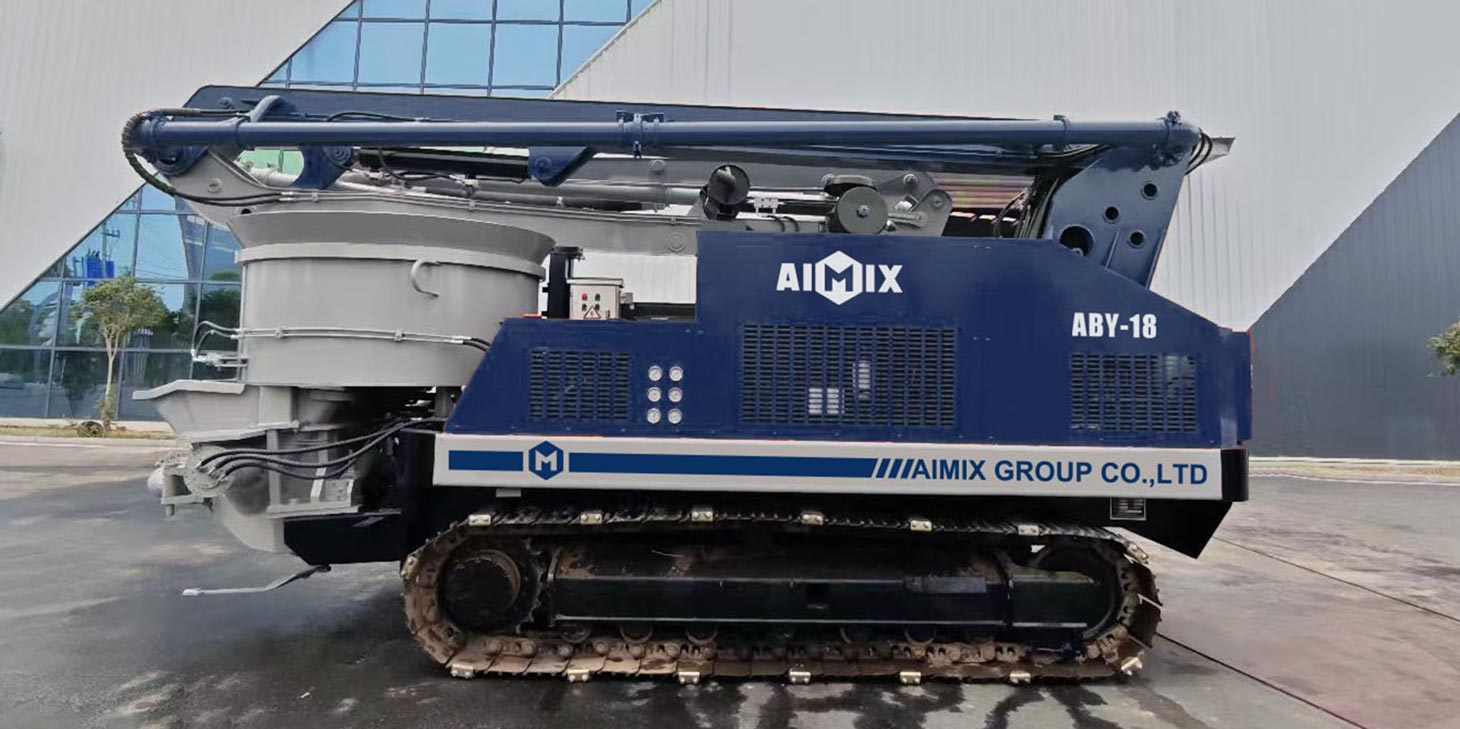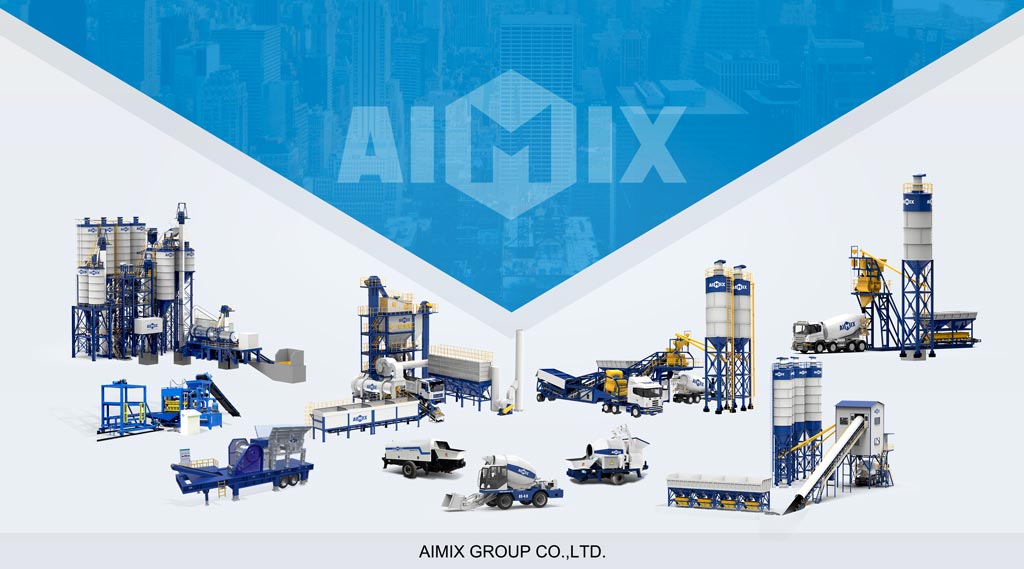Purchasing a concrete pump truck is a significant investment, and the price tag can often be misleading. While a lower-priced unit might seem like a smart financial decision, the long-term costs and operational efficiency must be considered. A cheap initial boom pump price does not always translate into true cost savings when maintenance, efficiency, and longevity are factored in. Understanding the broader aspects of value ensures that businesses make informed purchasing decisions.
The Hidden Costs Behind a Lower Price
Maintenance and Repair Expenses
A concrete pump truck with a lower upfront cost may come with hidden pitfalls, particularly in maintenance and repair expenses. Cheaper models often use lower-quality components, leading to frequent breakdowns and higher repair costs. Additionally, sourcing replacement parts for less reputable brands can be challenging and costly, further increasing the total cost of ownership. Investing in a reliable, well-built model reduces downtime and ensures smoother operations.
Fuel Efficiency and Operational Costs
Another crucial factor often overlooked is fuel efficiency. Older or lower-cost models may consume more fuel per cubic meter of concrete pumped, significantly increasing operational expenses over time. Advanced models with modern hydraulic systems and fuel-efficient engines may have a higher initial price but result in long-term cost savings due to reduced fuel consumption and optimized performance.
Performance and Productivity Considerations
Pumping Capacity and Efficiency
The pumping capacity of a concrete pump truck directly impacts productivity. Lower-cost units may have slower pumping speeds, limited reach, or reduced efficiency, leading to longer project timelines. When evaluating options, businesses must consider the volume of concrete required per hour and the concrete pump ’s ability to maintain consistent pressure and flow rate.
Downtime and Project Delays
A cheap concrete pump truck that experiences frequent breakdowns can severely impact project schedules. Delays caused by equipment failure not only extend construction timelines but also increase labor costs. High-quality machines are designed for continuous operation with minimal interruptions, ensuring that projects stay on schedule and within budget.
Long-Term Value Over Initial Savings
Resale Value and Durability
A well-maintained concrete pump truck from a reputable manufacturer retains its value over time. Lower-end models, while inexpensive initially, often depreciate quickly due to higher wear and tear. A premium model may cost more upfront but offers better resale value and longevity, making it a more financially sound investment in the long run.
Manufacturer Support and Warranty
Reliable manufacturer support, including after-sales service and warranty coverage, is crucial for long-term operational success. Many budget-friendly options lack comprehensive warranties or have limited technical support, leaving owners with high repair costs when issues arise. Choosing a model with strong manufacturer, like AIMIX Group, backing ensures access to genuine parts, expert servicing, and long-term reliability.
Conclusion
A concrete pump truck with the best price does not always equate to the best value. Hidden costs, reduced efficiency, and potential operational setbacks can turn an initially low-cost purchase into an expensive liability. Prioritizing durability, fuel efficiency, and manufacturer support helps ensure a wise investment that delivers long-term benefits and cost savings. Businesses should evaluate total ownership costs rather than just the sticker price to make an informed decision that aligns with their operational needs.


Comments
No comments yet. Be the first to react!